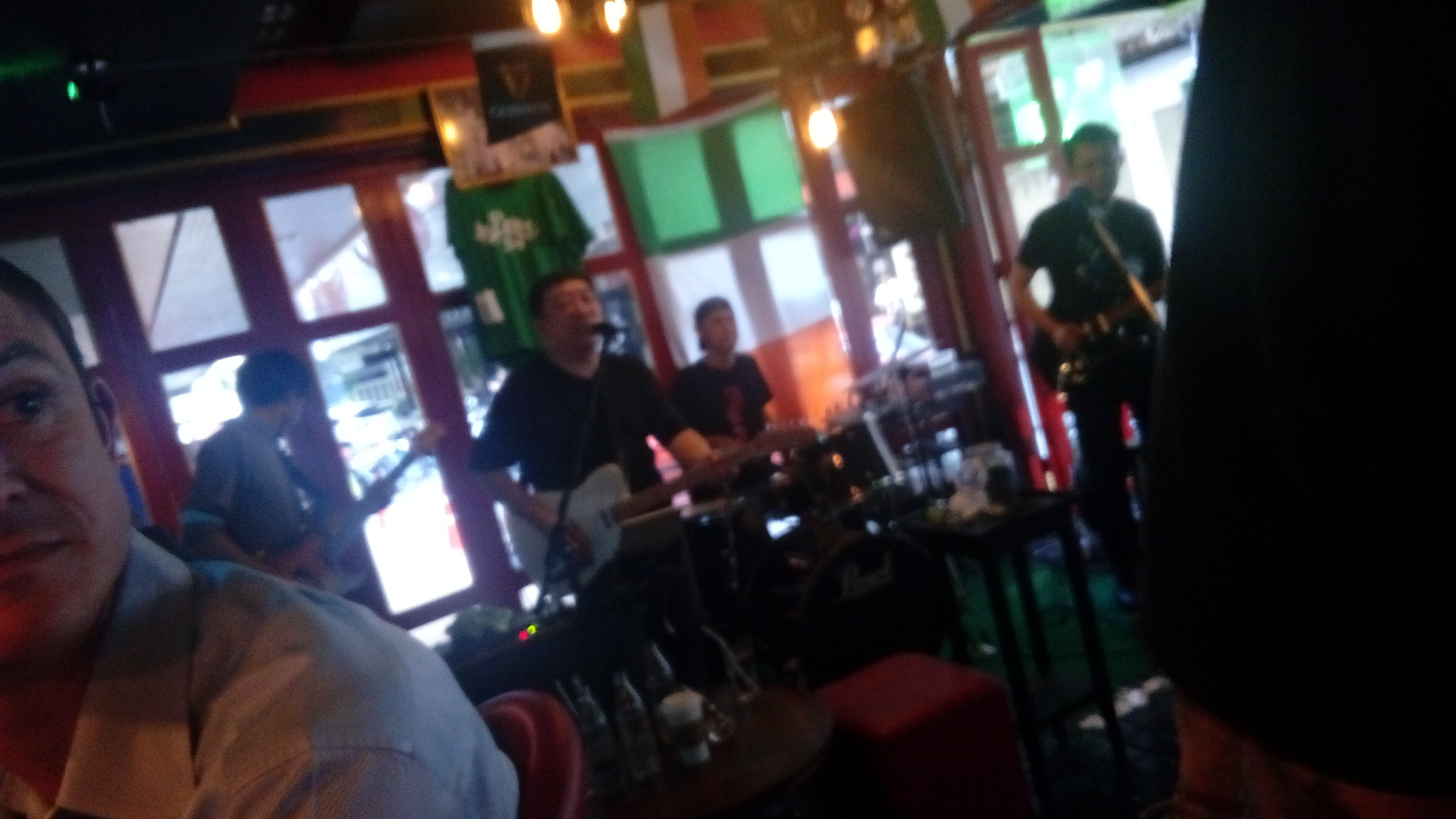
In common with many, many others, I like a drink. But, these days at least, I don’t drink at home alone. To me, drinking is wound up with socialising and discovery.
I know some people prefer the familiar comforts of their “local” — and I admit that I have a few favourites myself — but part of the appeal of travel and life in general is exploration, be it of your own backyard or the big wide world.
When I travel, I want to find somewhere a little bit different in terms of design and atmosphere, entertainment and the menu (both the food and the drinks).
My aim is to rule nothing out, unless it looks dangerous, dirty or otherwise uninviting. And, while I like one-of-a-kind places, I don’t shy away from the franchises or generic venues, because they sometimes offer a surprise.
For instance, there are “Irish” pubs everywhere in the world, and few of them are really like the pubs you’ll find in Ireland. In fact, I once met a man who supplied pre-fab pubs which arrived in shipping containers.
But not all of them should be written off simply because of their “cookie-cutter” appearance. Some of them have great local flavour, too, including menus that stray from the well-trodden pub-grub path and live music that isn’t always predictable.

When I first went to London in my twenties, I couldn’t fathom why other expat Aussies wanted to congregate in “Australian” bars. But I discovered that some of those bars weren’t too bad. I met a lot of interesting people, many of them not Aussies, who gave me good advice pending my further adventures. And, when I think about it, those pubs were no more artificial than the various Shakespeare-, Dickens- or Conan Doyle-themed premises designed to attract tourists expecting “traditional” British delights.
I’ve been to some wonderful watering holes over the years, from a brewhouse in Boston to a punk bar in Barcelona and a repurposed pharmacy in Belarus.
But what it is that makes a good pub? Why is one place virtually empty while the place next door is rocking to the rafters? In many cases, it’s down to the staff who ensure a warm welcome.
As my mate Ted says, he was disappointed to go to the original Cheers bar (which eventually relented and changed its name from Bull & Finch) and discover that nobody knew his name.

Of course, great staff attract an interesting clientele.
At a beachside bar in Rayong, Thailand, recently I had a few beers with some English, American and Dutch musicians. With the encouragement of the bar staff, we were taking turns selecting songs from the video jukebox, with the selection criterion that there must be a link from one song to the next. Usually it was a word from the title of the song or the artist, and we genre-jumped from blues to metal, pop and electronica.
That was a good night, but I wouldn’t want to do it all the time.
So, what does make a good pub? It’s the staff, for sure, as well as the food and the drink (very important), and it’s also the location, decor and amenity of the place. But there’s also a sort of magic that only occurs in some places at some times.
So for me, a great pub has to be familiar and comfortable in some way, but also promise the sort of unpredictability that can turn an ordinary occasion into an extraordinary one.
Oh, and it would also be nice if — as happened to me the other night — the manager gives me a lift home when I’ve had enough.

Some more Facebook comments, anonymised:
Reply 1
They always work when the size of the bar is right for the number of people in it. Big bars need lotsa people.
Reply 2
Great food, great staff, good (but not ear-shatteringly loud) music, a wide selection of beers & wines, comfortable furniture and yes, nice toilets – some bars you go into, the toilets are [terrible].
Reply 3
To my mind it’s the regulars. You want to feel at home, and that requires genial bartenders and waiters/resses who are happy to see you (and your money), but also a set of other customers you know, at least to nod to. Physical environment and atmosphere are to me less important, though of course there’s a threshold of grottiness/smokiness/loudness/rowdiness/dullness/menace/sleaziness below which you’re not comfortable.
Reply 4
You can’t create atmosphere… it just happens.. it’s the people!
A response from Facebook:
I think it starts with the staff, happy staff comes from good and happy management. If the staff are welcoming and also know their job (e.g. not getting drink orders wrong) a customer is initially happy. From the customer then feeling comfortable and happy they invite their friends and bring up the bars name in conversation, more people start coming. If the bar keeps its standards up, staff, cleanliness, trouble customers sorted, prices to match the market. The wishes of customers taken into consideration, such as music sport more people will go and more friendships will be made and in the end a happy comfortable place to be.